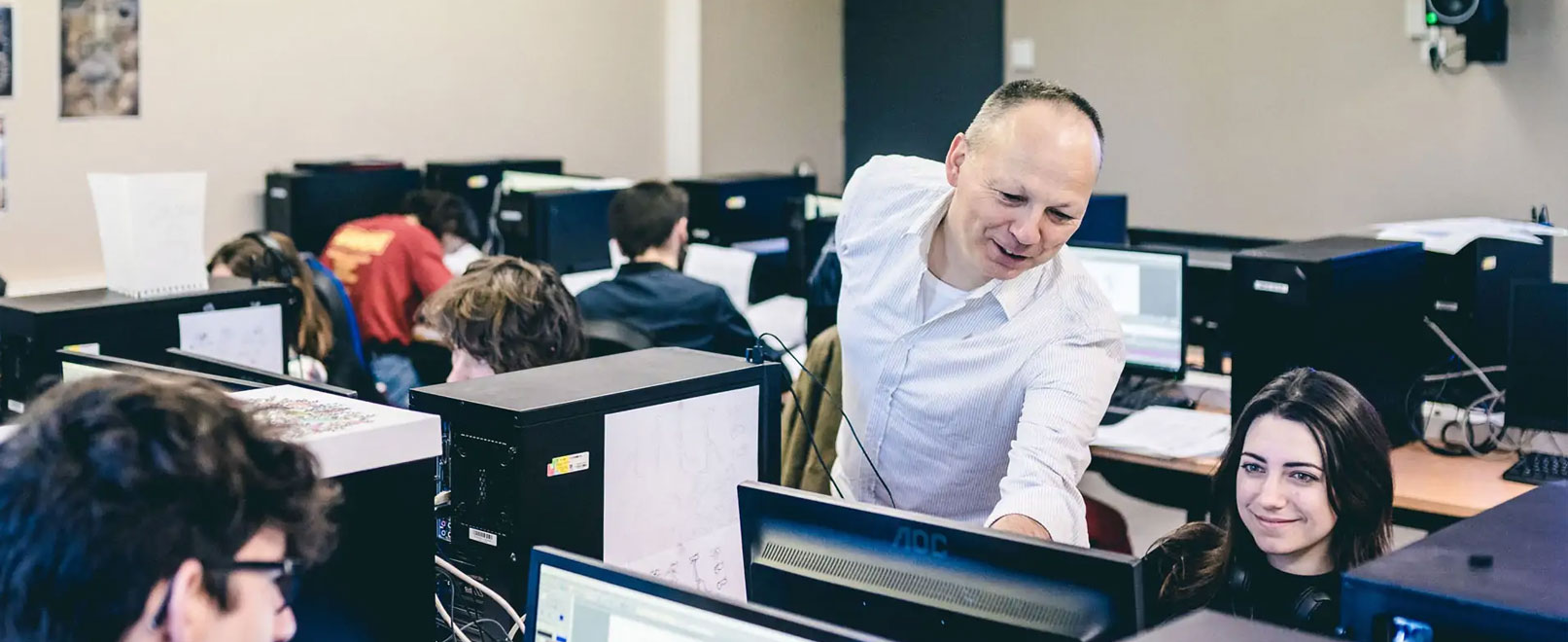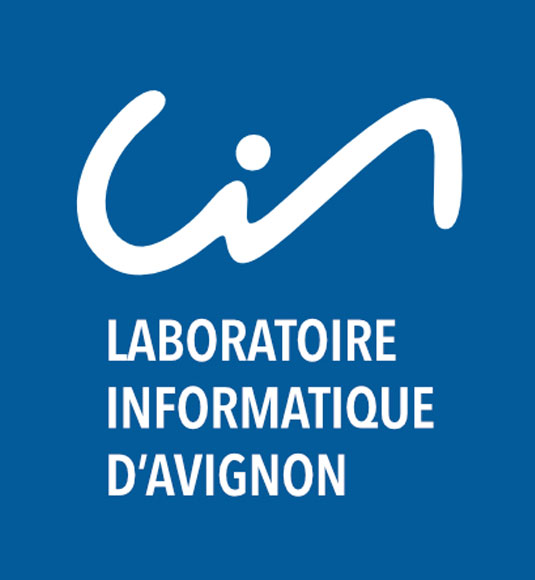
Digital tech in Vaucluse
First-rate competitive positioning in Provence
Vaucluse is proactive in the digital industries of France’s southwestern quadrant, and its great geographical location means it benefits from the dynamic R&D momentum and industry events in nearby major cities.
Key figures
Groundbreaking innovation all in one place
A high concentration of digital innovation talent
Vaucluse is home to advanced training and research organisations and facilities:
– Centre d’Enseignement et de Recherche en Informatique (CERI)
– Laboratoire Informatique d’Avignon, a computer science lab with many foreign researchers in residence
– Secure Communications Solutions (SCS), a world-class competitiveness cluster specialising in the integration of hardware and software for transmitting, exchanging and processing reliable and secure information
– Many spaces are dedicated to hosting and supporting IT business activities
– The Crédit Impôt Recherche (CIR), a research tax credit for R&D investments, is considered the most generous financial support in the European Union

AVIGNON COMPUTER SCIENCE LAB
Des activités d’avenir autour du langage, des Future-oriented research around language, networks and operational researchet de la recherche opérationnelle
The lab carries out pure and applied research in the three areas of automatic language processing: human-machine dialogue, speech and speaker modeling, and signal processing and data analysis:
– Researching linguistic objects (read or spontaneous speech, dialogues, mono- or multilingual text, etc), representation paradigms.
– A variety of study topics addressed from a scientific and technological perspective. Analysis mainly based on Bayesian statistics, automatic learning and classification, information theory, signal processing and data analysis.
– Human-machine dialogue and voice interactions: language and concept modeling, analysis of dialogue corpuses, development of interpretation and dialogue strategies for voice access to servers
Automatic processing of natural written language: application of natural language modeling to information searches in large databases of textual documents
Speech processing: speech and speaker modeling, categorisation and audio indexing: application to building recognition systems in different contexts (speech, speaker, language recognition systems, multimedia indexing, etc.)
Operational research and optimisation: Application of OR methods and algorithms to resource optimisation in various contexts, including networks and automatic processing of written and oral natural language.
Networks: Application of work on network architectures and protocols to the development of security systems and mobile telephony.

Masters in Computer Science
Artificial Intelligence (AI) standard course
Former des informaticien.ne.s aux modèles et techniques de mises en œuvre d’applications capables de simuler des facultés cognitives conTrains computer scientists in models and techniques for implementing applications capable of simulating the cognitive faculties that constitute intelligence, through mastering the concepts of automatic learning and data sciences, but also by taking into account the technological and societal challenges related to big data.

AGORANTIC Research Federation
« Culture, heritage and digital societies »
AGORANTIC is France’s leading cultural and digital industries research federation. It works with the creative economy community to further our knowledge of how cultural and heritage assets are used in our changing societies, and to develop innovative digital tools.
Pure and applied research around “Culture, Heritage and Digital Societies” is divided into five areas:
Virtual cultures and societies: exploring the opportunities offered by the internet for analysing, sharing, and mediating art, culture and heritage, and for creating new forms so people can engage with and appropriate it
Social and cultural online networks: analysing and modeling online social and cultural networks (in terms of culture, communication and structure), to study information exchange and user interventions in the virtual public space and their impact on representations, uses, content and structure
Web-based National Intelligence: to build effective, flexible shared regional observatories and online geographical information systems to assist in monitoring and risk prevention
Mobility, smart transport and ICT: to develop methods for optimising road, vehicle or sensor networks and mobility demo-simulators using ICT
Methodological axis: to build up cross-disciplinary scientific expertise in all these areas
